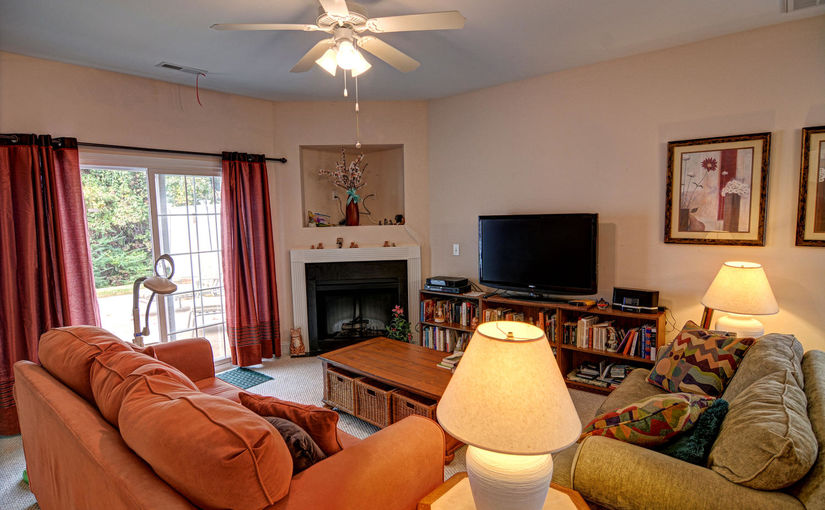If you’ve owned your Wilmington area condo for some time, you may not be aware of current financing guidelines that could prevent a buyer from purchasing it. These guidelines include requirements that factor into a lender’s decision to loan a buyer money to purchase a specific condo. Here are 5 financing pitfalls that may affect the sale of your condo:
1. The Condo Association
Loans for condos are not decided in the same manner as single-family home loans. It isn’t just the home owner’s financials that determine if a property is affordable. The financial status of the condo owners association (COA) is also taken into consideration. If the COA is in any financial hot water or the lender decides the COA does not have enough funds to cover emergency repairs, they may label it a financial risk.
2. The Financials of Other Condo Users
If there are too many short sales or foreclosures in the building, or a high number of owners are delinquent on their COA dues, the lender may question how affordable your condo building really is. They won’t want to risk a new owner slowly drifting into debt until they can no longer pay on the loan.
3. Rentals in the Building
Depending on the type of loan and the financier, your condo building may be required to meet certain occupancy rates. Stipulations vary, but, oftentimes, lenders want a certain percentage of the units in the building to be owner occupied. If too many units are used as second homes or rentals, the lender may decide there’s too much risk and choose not to write a loan for the condo.
4. No Comps
Unlike single-family homes where appraisers can look for comparable sales (comps) in other neighborhoods, the lender may require that comps only be pulled from the same condo building. If a unit in your condo building hasn’t sold in the past 180 days, they may refuse funding.\
5. Lack of Insurance Coverage
Most real estate loans require the borrower to secure insurance to protect the lender’s investment. For condos, the insurance the borrower secures covers bare walls and in. The COA maintains a master insurance. If the insurance does not meet the flood, hazard, and liability insurance standards of the lender, they may decide it’s too risky to invest in your unit.
Even if you were aware of these requirements when you originally bought your condo, if you’re now selling your unit, it’s time to familiarize yourself with them again, because conditions in your condo building may have changed. If any of these are the case for you, it doesn’t mean your condo is unsellable, but you should realize that there may be some roadblocks along the way. Unless they’re able to pay cash, potential buyers will need to take full advantage of the Due Diligence Period to secure and finalize financing. If you enter the market with correct expectations and the right frame of mind, the selling process will be a lot less stressful.
If you would like to list your condo with someone experienced with these requirements, give us a call (910) 202-2546 or send us a message through our Contact page! We’d love to discuss your particular selling situation and show you our marketing plan!
Related Posts
[the_grid name=”Home Seller Tips”]



